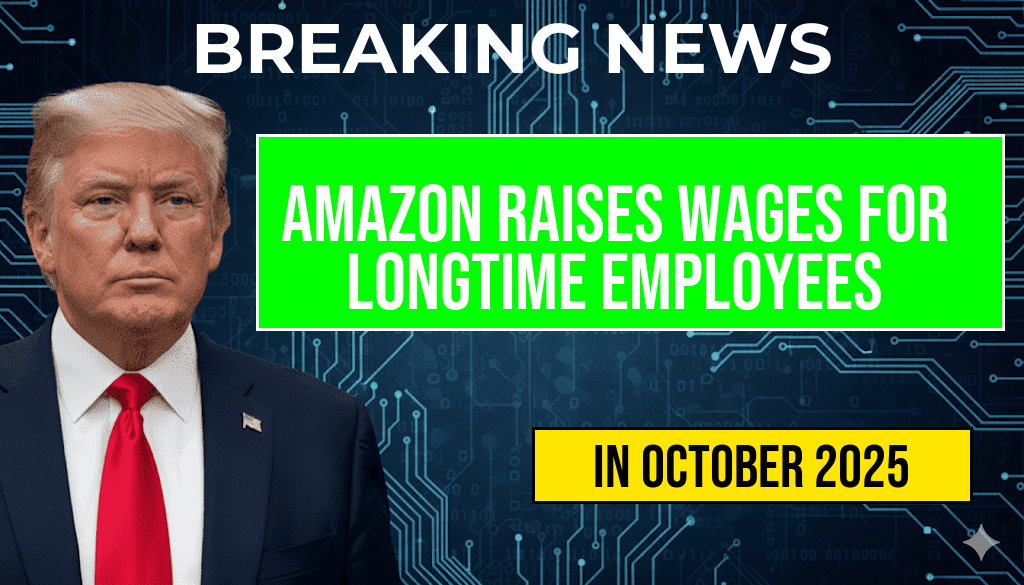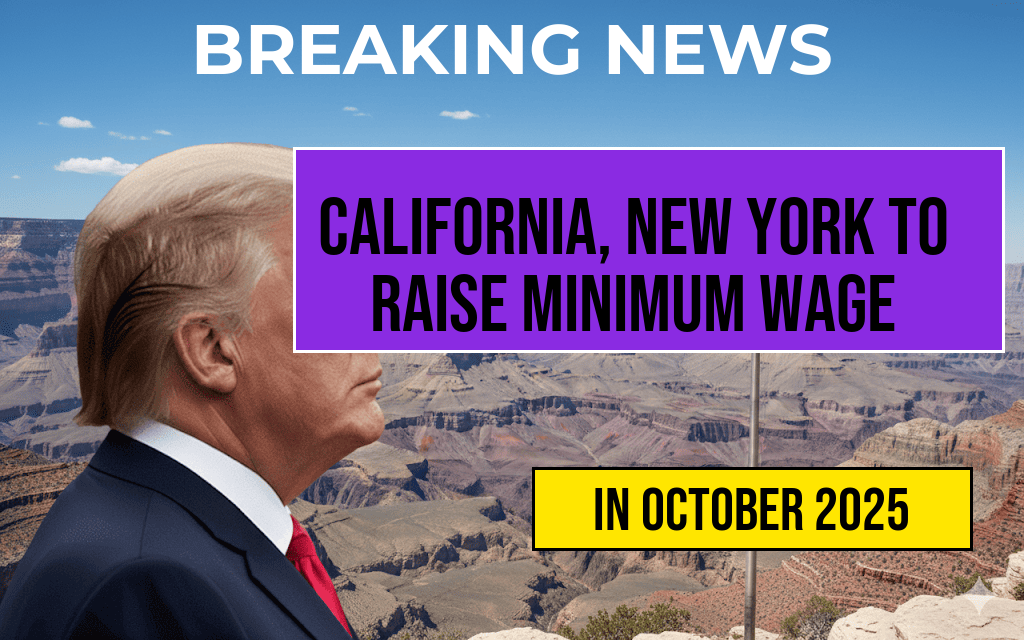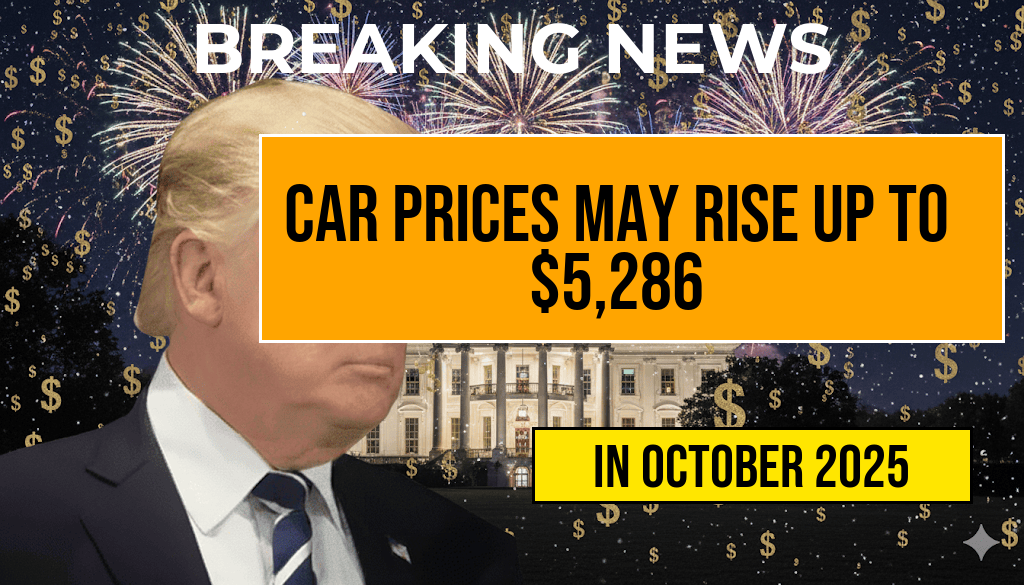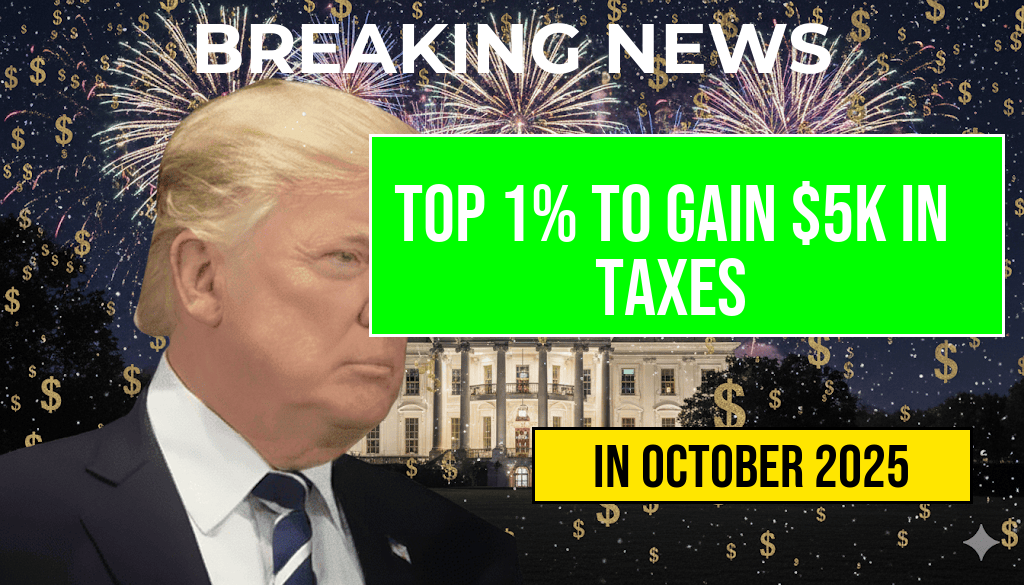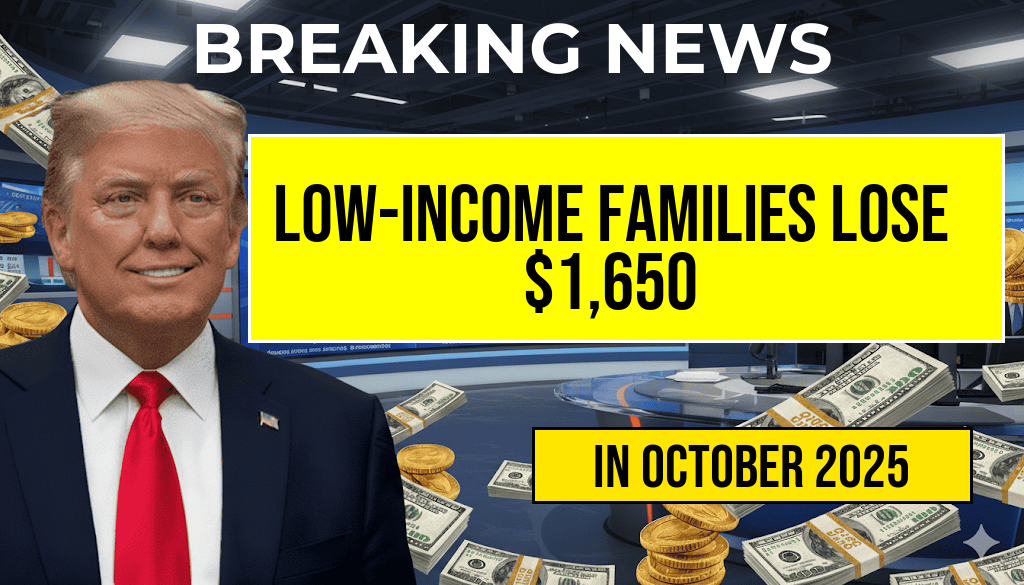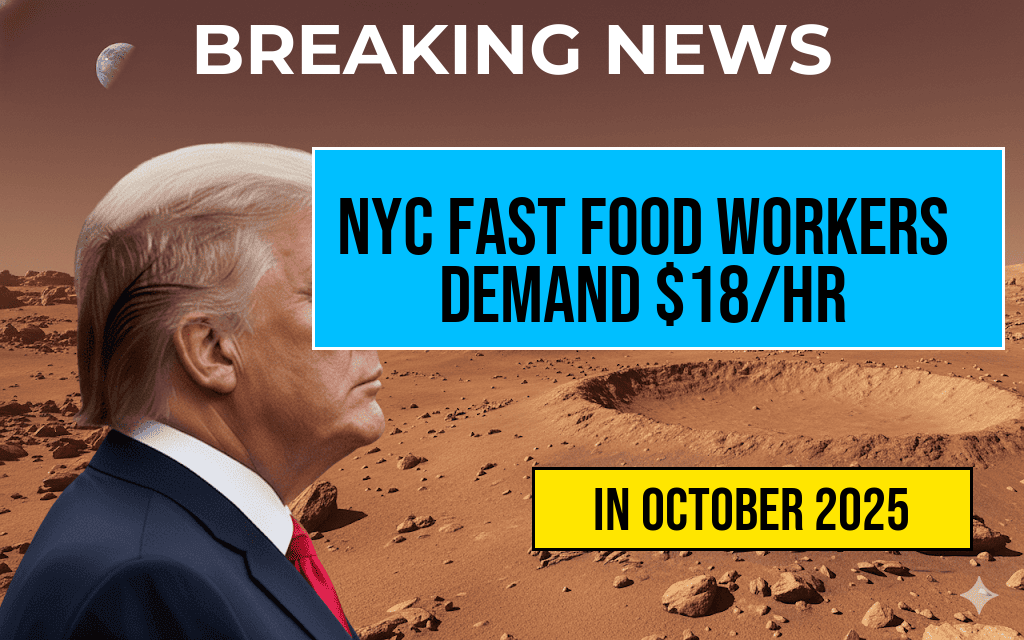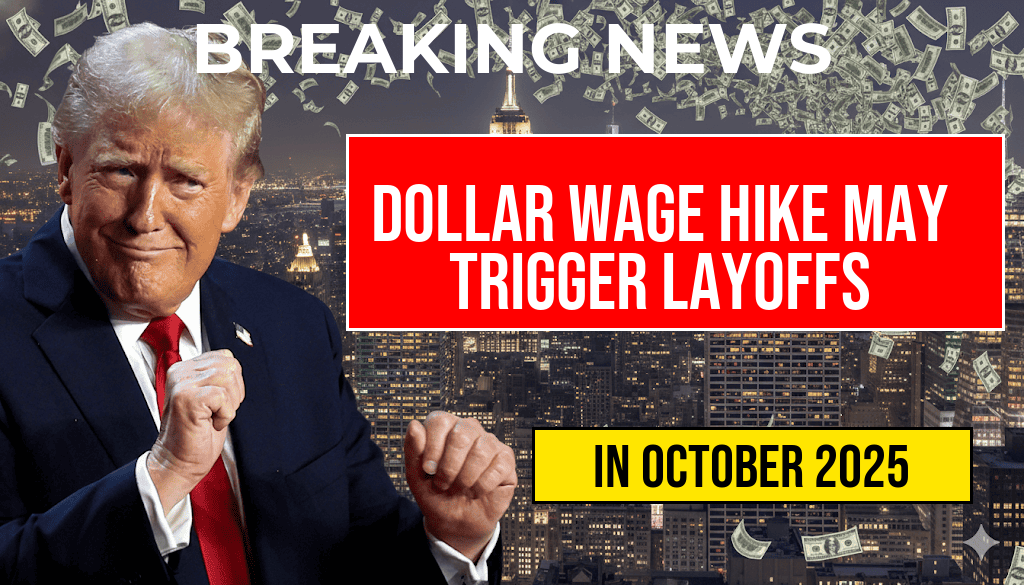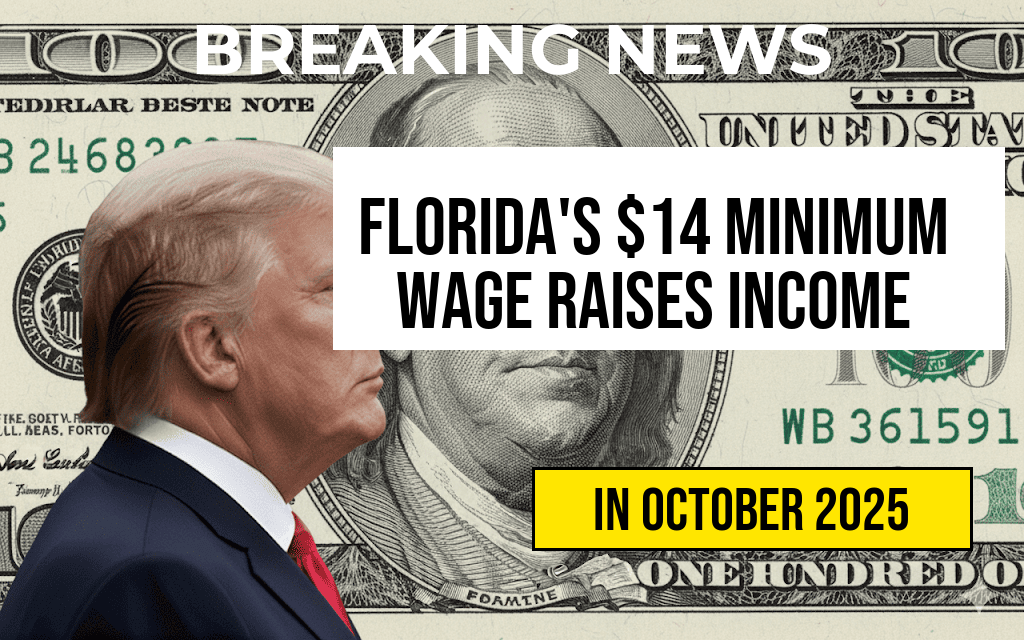Automotive buyers could soon face significant increases in new car prices if recent tariff threats materialize into policy. Former President Donald Trump has indicated a renewed possibility of imposing tariffs on imported vehicles and auto parts, which experts warn could raise retail prices by as much as $5,286 per vehicle. This potential escalation stems from ongoing trade negotiations and longstanding concerns over foreign vehicle imports impacting domestic manufacturers. Such a move would reverberate throughout the automotive industry, affecting consumers, dealers, and manufacturers alike, and could reshape the landscape of vehicle affordability in the United States.
Potential Impact of Tariffs on New Car Prices
Trade tensions between the U.S. and key auto-exporting nations, particularly Germany, Japan, and South Korea, have persisted for years. While tariffs have historically been used as leverage in negotiations, recent statements from Trump suggest a willingness to revisit these measures. If enacted, tariffs could significantly increase the cost of imported vehicles, which constitute a substantial portion of the U.S. new car market.
Analysts estimate that a 25% tariff on imported vehicles could elevate the average vehicle price by roughly $2,000 to $5,286, depending on the vehicle’s make and model. This surge would be driven by increased manufacturing costs passed down to consumers, with luxury and foreign-brand vehicles bearing the brunt of the impact. The potential price hike could further influence buyer behavior, possibly accelerating shifts toward domestic brands or alternative transportation options.
Factors Influencing the Price Increase
Scope of Tariff Implementation
- Scope of targeted imports: The specific list of vehicles and parts affected will determine the magnitude of price increases.
- Rate of tariffs: While 25% is often cited as a potential rate, actual tariffs could vary, impacting the final cost to consumers.
- Supply chain adjustments: Manufacturers may seek alternative sourcing or absorb costs temporarily, potentially mitigating immediate price hikes.
Market Response and Industry Dynamics
- Dealer pricing strategies: Dealers may adjust their pricing based on inventory levels and consumer demand.
- Consumer purchasing power: Rising prices could deter some buyers, especially for mid-range and luxury vehicles.
- Impact on used car market: Higher new car prices often lead to increased demand for used vehicles, influencing resale values.
Historical Context and Industry Outlook
The automotive industry has previously navigated tariff threats, notably during the Trump administration, which levied tariffs on steel and aluminum. These measures initially caused ripple effects across manufacturing costs and vehicle prices, prompting automakers to adjust strategies and pricing models.
Manufacturers like Toyota, Honda, and Volkswagen, which heavily rely on imports, could face increased costs that might be passed to consumers. Conversely, domestic automakers such as Ford and General Motors may experience a competitive advantage, potentially gaining market share if import prices rise significantly.
Consumer and Market Implications
For consumers, the prospect of higher prices may influence purchasing decisions in the near future. Industry analysts warn that even a moderate tariff increase could push the average new car price beyond the $40,000 mark, making vehicle ownership less accessible for many Americans. Additionally, rising prices could accelerate the shift toward electric vehicles and domestically produced models, which might not be affected by tariffs to the same extent.
Economic and Political Considerations
| Scenario | Estimated Price Increase | Affected Vehicle Types |
|---|---|---|
| Moderate Tariffs (10%) | $850 – $2,000 | Mostly imported compact and mid-range vehicles |
| Severe Tariffs (25%) | $2,000 – $5,286 | All imports, including luxury and specialty vehicles |
Policy decisions around tariffs are often influenced by broader economic and political considerations. While tariffs aim to bolster domestic manufacturing, they risk raising consumer costs and disrupting supply chains. The Biden administration has expressed a preference for reducing trade barriers, but recent signals suggest that tariff threats could resurface as part of broader negotiations.
Sources of Additional Information
Frequently Asked Questions
What is the main reason behind the potential increase in new car prices?
The potential surge in new car prices is primarily due to Trump’s tariff threat, which could lead to increased costs for imported vehicle components and vehicles.
How much could new car prices increase according to the article?
Prices could surge by up to $5,286, significantly impacting consumers and the automotive market.
Which types of vehicles are most affected by this tariff threat?
The impact is most significant for imported vehicles and parts, especially those from countries that may face increased tariffs under the new threat.
What are the potential implications for consumers if car prices rise?
Consumers may face higher upfront costs when purchasing new cars, which could also influence financing, affordability, and overall vehicle market dynamics.
Is there any indication of how automakers might respond to these tariffs?
Automakers might consider absorbing some costs, adjusting pricing strategies, or exploring alternative sourcing to mitigate the impact of tariffs on vehicle prices.

